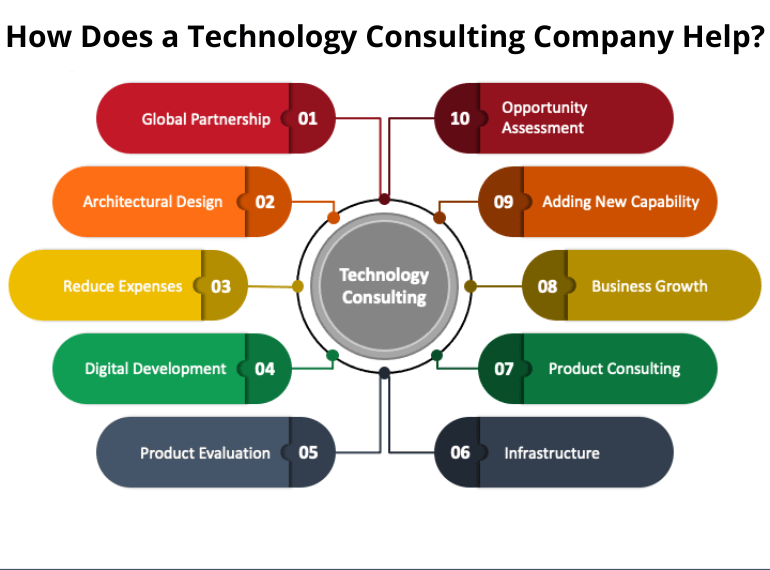Technology Consulting
Understand Client Needs :
Meet with clients to understand their technology staffing needs, challenges, and goals.
Determine the types of technology roles they are looking to fill, such as software developers,
data analysts, IT managers, etc
Identify the specific skills, technologies, and qualifications required for each role.
Define Services :
Clearly define the scope of your technology consulting services for recruitment.
Determine the level of involvement you'll have in the recruitment process, such as providing
guidance, conducting technical assessments, or managing the entire process.
Market Research :
Stay updated on the latest technology trends, programming languages, frameworks, and
tools that are relevant to the roles your clients are hiring for.
Research the current job market to understand the demand and availability of specific tech
skills.
Technical Assessment :
Develop or utilize technical assessment methods to evaluate candidates' skills.
Offer coding tests, problem-solving challenges, and technical interviews to ensure
candidates have the required technical proficiency.
Resume Screening :
Review resumes to identify candidates with relevant experience and skills.
Provide guidance to clients on what to look for in a candidate's resume to ensure a good
technical fit.
Interview Process :
Advise clients on structuring effective technical interviews.
Assist in creating interview questions that assess candidates' knowledge, problem-solving
abilities, and soft skills.
Candidate Evaluation :
Evaluate candidates' technical skills, problem-solving capabilities, and cultural fit for the
company.
Provide detailed feedback to clients to help them make informed decisions.
Industry Insights :
Share insights on industry best practices, compensation trends, and strategies for attracting
top technology talent.
Feedback and Follow-Up:
After interviews and assessments, offer feedback to both clients and candidates.
Maintain open communication to address any concerns or questions that arise.
Continuous Learning:
Technology is ever-evolving. Stay updated on the latest technologies and industry trends to
provide relevant advice.
Custom Solutions :
Tailor your consulting approach to meet the unique needs of each client. Some clients
might need assistance with sourcing candidates, while others might need help with
technical evaluations.
Value Proposition :
Clearly communicate the value of your technology consulting services. Highlight how your
expertise can help clients find and hire the right technology talent efficiently.
Partnerships and Networking :
Build relationships with tech communities, universities, and industry events to source
potential candidates and stay connected to industry trends.
Metrics and Results:
Establish key performance indicators (KPIs) to measure the success of your technology
consulting services. This could include metrics such as time-to-hire, candidate quality, and
client satisfaction.
Legal and Ethical Considerations :
Ensure compliance with relevant labor laws, non-discrimination policies, and privacy regulations
when conducting recruitment activities.
Remember, successful technology consulting for recruitment requires a deep understanding of the
technology landscape and a commitment to providing valuable insights to clients. It's essential to
continuously refine your services based on feedback and changing industry dynamics.
